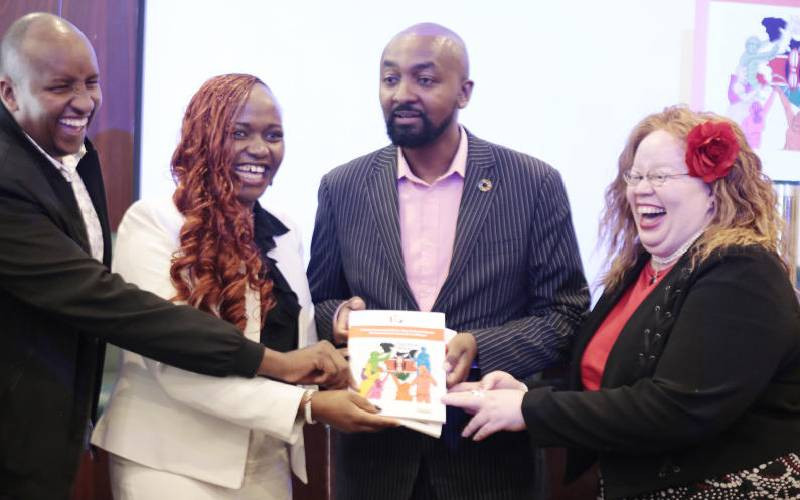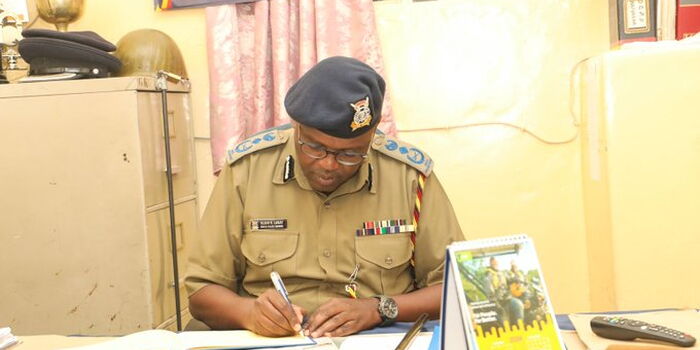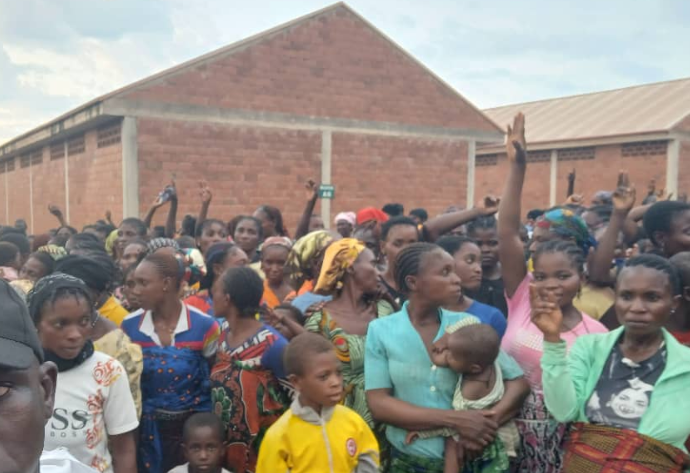Health advocates urge swift vaccine co-financing
By Muniratu Akweley Issah
Accra June 5, GNA- Civil Society Organisations and Global Health Advocates have warned that Ghana’s delay in vaccine co-financing could trigger shortages and endanger children’s lives, urging urgent government action to fulfil 2025 immunisation commitments.
Speaking at a media sensitisation workshop in Accra, Mrs Cecilia Senoo, Executive Director of Hope for Future Generations (HFFG), urged government and stakeholders to prioritise vaccine financing.
She cautioned that delays in contributions to the Global Alliance for Vaccines and Immunizations (GAVI) could have devastating consequences.
“We cannot build a future for our children without addressing the present, and immunisation is the most cost-effective public health intervention.
“Yet many of our children remain at risk because vaccines are unavailable,”* she said.
Mrs. Senoo recounted a tragic case of a traditional leader who lost a child to measles due to a vaccine stockout, stating, “It is something we should never allow to happen again.”
“Ghana must contribute its quota to GAVI. If we do not, GAVI cannot procure vaccines for us, and this means our children will die,” she said.
Ghana is currently in GAVI’s accelerated transition phase, where it is required to finance 50 per cent of its vaccine needs, with the Alliance covering the remaining 50 per cent.
By 2030, the country is expected to achieve full vaccine self-financing.
Mr. Stephen Atasige, Country Coordinator of the Global Health Advocacy Incubator (GHAI), noted that although government had uncapped the National Health Insurance Levy (NHIL), its primary domestic vaccine funding source, bureaucratic delays continued to hinder fund release.
“Procurement timelines require countries to make payments by the first quarter of each year.
“We are now in the second quarter of 2025, and Ghana has still not paid its co-financing obligations of $16.3 million to GAVI. This could lead to stockouts,” he warned.
He proposed alternative funding mechanisms, including earmarked taxes, vaccine trust funds, and vaccine bonds, noting their successful implementation in countries like Senegal.
Mr. Atasige noted that Ghana’s vaccine roadmap, developed in collaboration with the Ministry of Health and partners, outlined clear strategies for self-sufficiency.
“What is needed now is strong political will and proactive financing,” he stressed.
He urged proactive measures to address bureaucratic delays in fund disbursement.
The meeting called for a national push involving government, civil society, media, and the private sector to drive urgent vaccine financing advocacy.
Mr. Atasige emphasised that vaccines are not just another health commodity but life-saving interventions, saying, “Delays or absence of vaccines could lead to avoidable deaths and disease outbreaks.”
He urged government to consider advance payments for future vaccine procurements to bypass bureaucratic bottlenecks and prevent last-minute shortages.
Ghana’s delayed 2025 contribution accounts for only five per cent of GAVI-supported vaccine procurement, but its absence could severely disrupt the country’s immunisation programme.
The Hope for Future Generations (HFFG), a civil society organisation focused on children, women, and youth, has been implementing a five-year project: Financing Immunisation Advocacy Response (FAIR).
The initiative advocates for greater domestic resource mobilisation and increased accountability in reaching zero-dose children and expanding immunisation coverage.
HFFG has engaged policymakers, private sector partners, traditional leaders, and communities to advance its objectives.
It is now urging the media to amplify awareness and stress the importance of government fulfilling its co-financing obligations to protect children and future generations.
GNA
Edited by Kenneth Sackey










